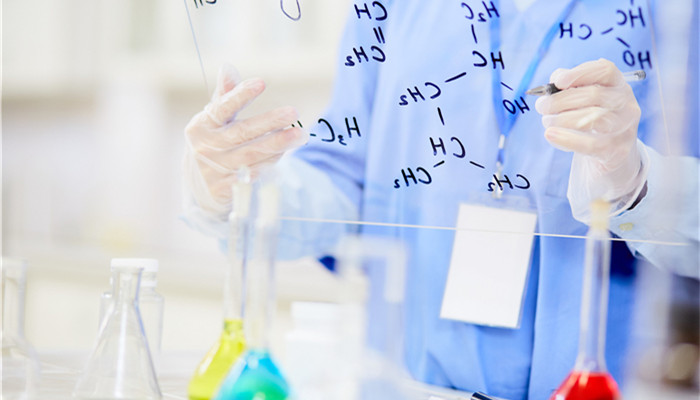
my country’s methionine production technology is gradually maturing and output continues to grow
Methionine, also known as methionine and methylthiobutyric acid, is an amino acid with no special odor and soluble in water, dilute alkali and dilute acid. It is mostly used in the production of animal feed additives. Methionine is closely related to the metabolism of sulfur-containing compounds in organisms. When methionine is lacking, it will cause slowed growth of organisms, loss of appetite, etc., and may eventually lead to liver necrosis or fibrosis. Methionine in my country can be roughly divided into liquid methionine, solid methionine, hydroxymethionine sodium salt, hydroxymethionine calcium salt, etc.
The production technology of methionine in my country has gradually matured and can be roughly divided into chemical synthesis method and fermentation method. Due to the low extraction rate of fermentation products, it is rarely used in industrial production. Chemical synthesis methods can be subdivided into 2-acetamidoketonate method, malonate method, acrolein method, γ-butyl lactone method and other methods. Since the raw materials are relatively easy to obtain, the yield is relatively low. Advanced, chemical synthesis has gradually become the most important methionine production process in my country.
At present, my country’s methionine has formed a complete industrial chain. The upstream of the industrial chain is mainly the raw material industry, providing acrolein, hydrocyanic acid, methyl mercaptan, sodium cyanide, MMP and other raw materials; the midstream is mainly the methionine industry, responsible for the production of methionine; the downstream is mainly oriented to application fields, and methionine is mostly used In livestock and poultry breeding, feed and other industries.
According to the “Methionine Industry Venture Capital Situation and Investment and Financing Strategy Guidelines Report 2023-2027” released by the Industrial Research Center, methionine is An indispensable additive to animal feed, it can make animals grow rapidly in a short period of time, shorten the feeding cycle, and save about 40% of feed. At present, my country has gradually become the world’s largest feed producer. According to data released by the Feed Industry Association, in 2022, my country’s total feed production will be 302 million tons, an increase of 3.0% over the previous year. With the continuous development of my country’s breeding industry, the growth rate of feed demand has increased, and methionine production has continued to grow. In 2022, my country’s methionine production will exceed 400,000 tons.
At present, solid methionine and liquid methionine are most commonly used in animal feed in my country. Among them, solid methionine can be blended with premix or concentrate ingredients and has good fluidity and stability. However, due to its low density, it requires a large storage space. Liquid methionine has a higher density and requires less storage space. It requires the use of a professional spraying system for feeding, which can achieve automatic control. However, liquid methionine is not suitable for low-temperature use, which will increase the viscosity of the product and worsen its fluidity.
Industry analysts said that at this stage, there are many companies in my country’s methionine market. Among them, foreign companies mainly include Wolski, Sumitomo, Evonik, Novus, etc., while domestic companies include Tsinghua Unigroup, Xinhecheng, etc. Because foreign methionine companies started earlier, their technical level is relatively high. Compared with foreign methionine companies, the production technology of my country’s methionine companies is not mature enough. As my country’s methionine companies continue to increase product investment and technological levels gradually improve, market competitiveness is expected to gradually improve.

 微信扫一扫打赏
微信扫一扫打赏

